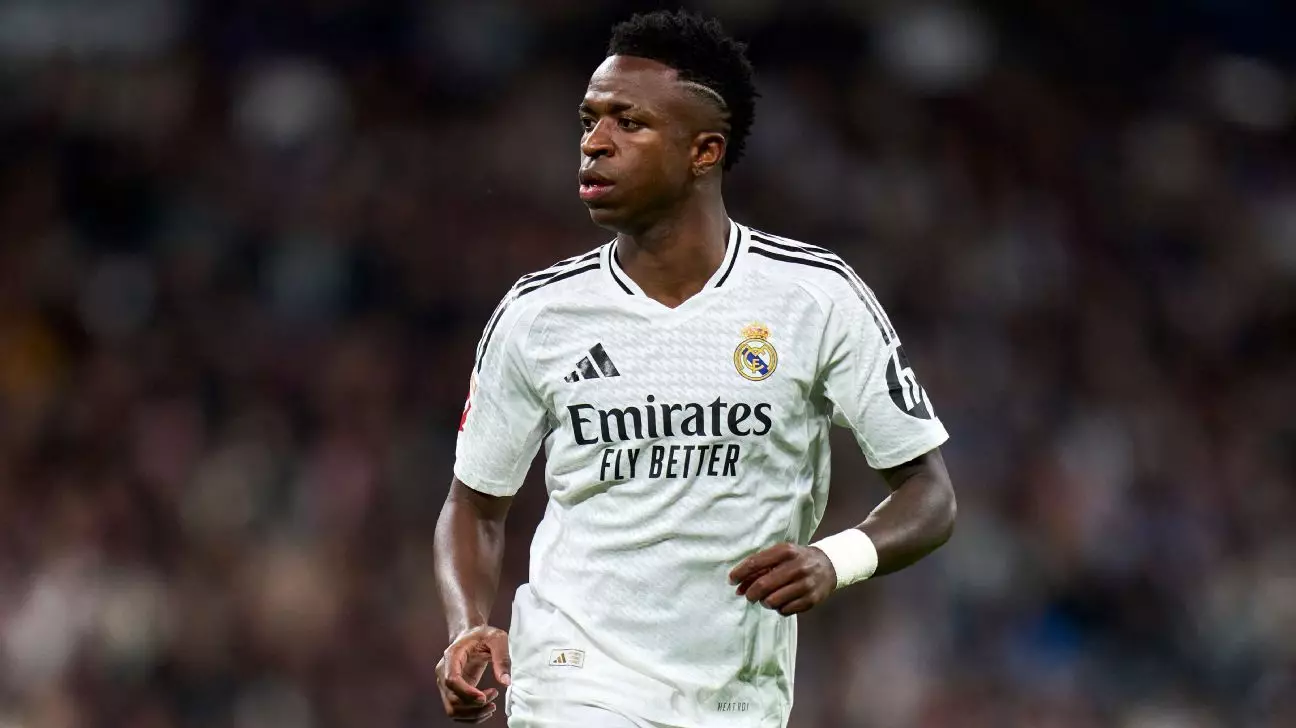In a significant development within the realm of sports, particularly football, a minor who racially abused Vinícius Júnior, the Brazilian forward for Real Madrid, has publicly apologized following a Spanish league game at Rayo Vallecano. This incident took place on February 18 during a 1-1 draw, drawing attention to the ongoing and pervasive issue of racism in sports. This case, representative of a broader societal issue, highlights the need for stricter regulations and awareness in sports communities.
After being identified by La Liga, the young offender faced repercussions that are both educational and punitive. Due to the legal protections afforded to minors, the resolution of this case involved a plea agreement, which included writing an apology letter and completing 40 hours of socio-educational activities. Additionally, the minor is prohibited from attending any official football matches for a year and must pay a fine imposed by the State Commission against Violence, Racism, Xenophobia, and Intolerance in Sport. This blend of punitive and rehabilitative measures raises questions about the effectiveness of current laws in deterring hate speech among youth, as well as the degree to which these measures can foster understanding and empathy.
Real Madrid FC has taken a firm stance against racism, welcoming the measures taken against the minor. The club released a statement emphasizing their commitment to eradicating racial abuse and reinforcing their role as a private prosecutor in recent legal proceedings concerning racist acts directed at their players. Their ongoing efforts underscore a broader institutional commitment across various levels of football in Spain, including actions by La Liga and the Royal Spanish Football Federation (RFEF). Initiatives aimed at combating racism highlight a newly intensified focus on accountability and transparency, as well as proactive engagement with fan bases to promote inclusivity.
For Vinícius Júnior, this incident is part of a broader struggle against racial discrimination; the player has voiced the emotional toll taken by such encounters since his arrival in Spain in 2018. His experience sheds light on the persistent nature of racial abuse in sports, particularly affecting players of color. Recent legal actions, such as the sentencing of fans who abused him during matches, signify progress, but obviously, there is still much work to be done.
As football authorities, clubs, and players continue to grapple with the issues of racism within the sport, it becomes essential to adopt a holistic approach. Education, community engagement, and rigorous enforcement of anti-racist policies are crucial for fostering a safe environment for all players. The measures taken against individual offenders, while significant, must be part of a larger strategy aimed at addressing and dismantling the systemic roots of racism within sport. Ultimately, the fight against racism in football—and sports as a whole—is not only about punishing offenders but also about building a culture that celebrates diversity and inclusion for the betterment of all.

Leave a Reply